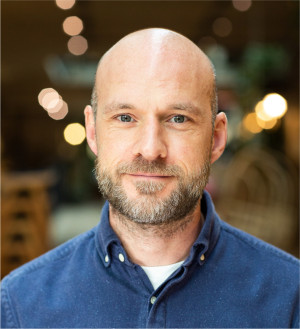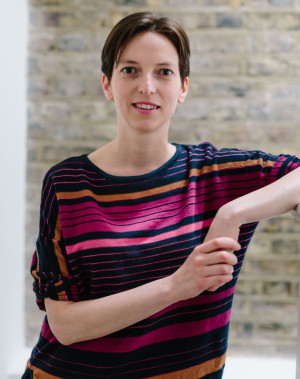In Conversation with Saul Parker
Bringing wicked social problems into focus

This week we spoke with Saul Parker from The Good Side.
What is your particular area of focus?
A lot of the work we are attracted to is about helping solve wicked problems. Wicked problems are deep-rooted, tricky to solve, always shifting, with many causes and just as many stakeholders; issues like climate change, poverty, homophobia, or social injustice. These problems are hard by definition, and there’s never a simple answer.
What do you feel is the most effective way to inspire change?
Often the most powerful contribution we make to change programmes centres on unpacking social problems, telling powerful human stories to inspire people with a stake in the game, and providing clear strategies that they can act on. Increasingly, documentary film is a central strand of our practice. Nothing brings people together more than inspiring stories.
What have you learnt from your changework?
For me, a great deal of the failures and challenges in change practice come down to issues of collaboration, where coalitions of people are concerned and engaged, but power dynamics, politics, and communication problems absorb huge amounts of time and energy. Ironically, the only real solution to most wicked problems comes through radical collaboration, so the solution is bound up in problems of its own, which always keeps things interesting!
“Wicked problems need a raft of coordinated solutions”
Who do you admire who is working to change things for the better?
We work with an organisation called the Human Dignity Trust, and I am full of admiration for what they have managed to achieve with a tiny team and some incredible high level support. They work on legal reform around LGBT+ rights in the Commonwealth, and alongside campaigning and communications, they enlist very senior UK lawyers to work directly with Attorney Generals in-country, to rewrite the law. Once you change the law, you create the most fundamental bedrock for change.
What advice would you give to others trying to change things?
Another thing I learnt along the way is that simply talking through a social problem with people, giving it credence and subtly bringing it into focus in their lives, can start a process of fundamental internal change. We’re working with Movember on toxic masculinity among teenage boys, and it’s amazing to see the journey these lads are going on, simply by talking and thinking about how gender plays a role in their lives.



